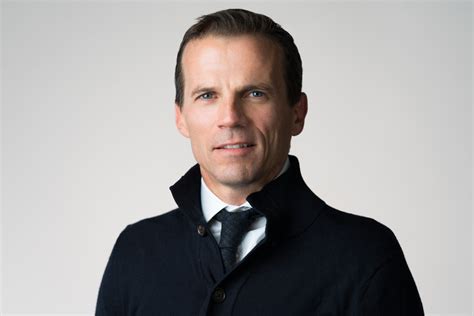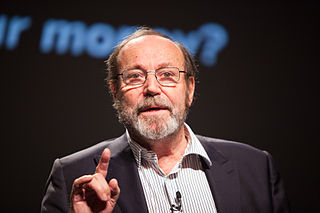A Quote by Stephen Covey
We value the clock for its speed and efficiency. The clock has its place, efficiency has its place, after effectiveness. The symbol of effectiveness is the compass a sense of direction, purpose, vision, perspective, and balance. But the empowerment process itself is not efficient.
Related Quotes
Our struggle to put first things first can be characterized by the contrast between two powerful tools that direct us: the clock and the compass. The clock represents our commitments, appointments, schedules, goals, activities - what we do with, and how we manage our time. The compass represents our vision, values, principles, mission, conscience, direction - what we feel is important and how we lead our lives. In an effort to close the gap between the clock and the compass in our lives, many of us turn to the field of "time management."
Basically, for any complex to be sustainable needs to have a balance between two factors: resilience and efficiency. These two factors can be calculated from the structure of the network that is involved in a complex system. A resilient, efficient system needs to be diverse and interconnected. On the other hand, diversity and interconnectivity decrease efficiency. Therefore, the key is an appropriate balance between efficiency and resilience.
The practice of first developing a clear and precise definition of a process without regard for efficiency, and then using it as a guide and a test in exploring equivalent processes possessing other characteristics, such as greater efficiency, is very common in mathematics. It is a very fruitful practice which should not be blighted by premature emphasis on efficiency in computer execution.

































